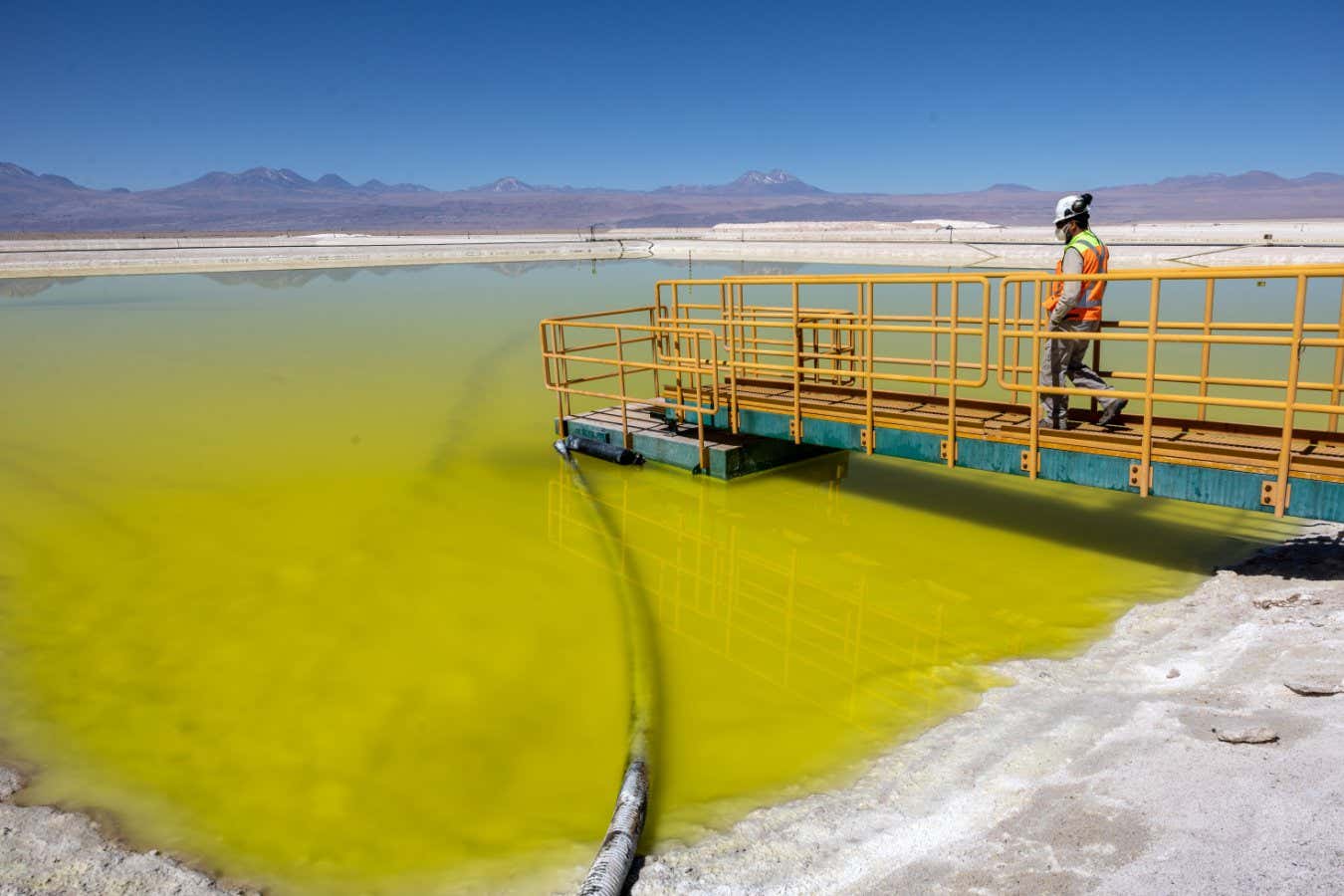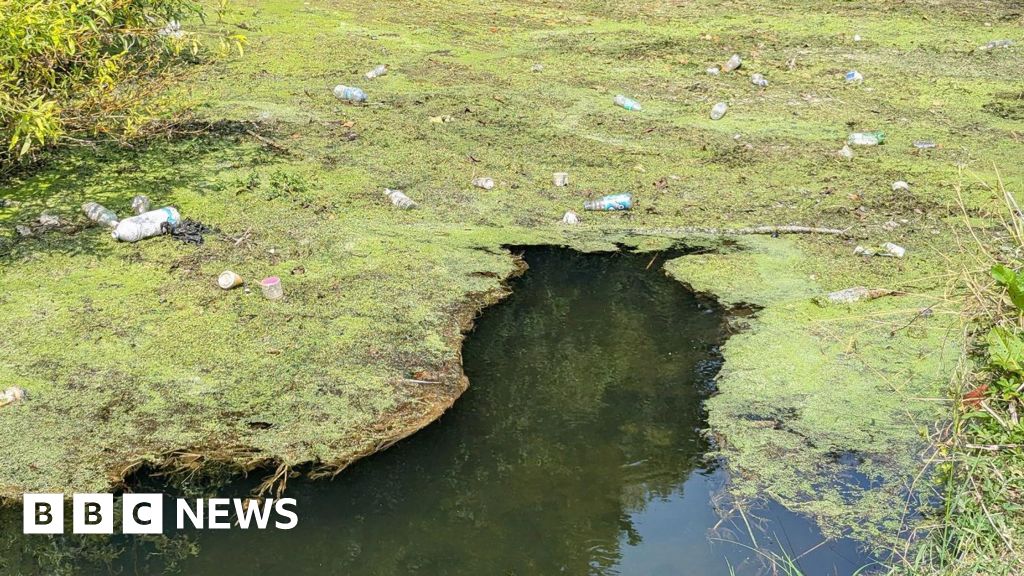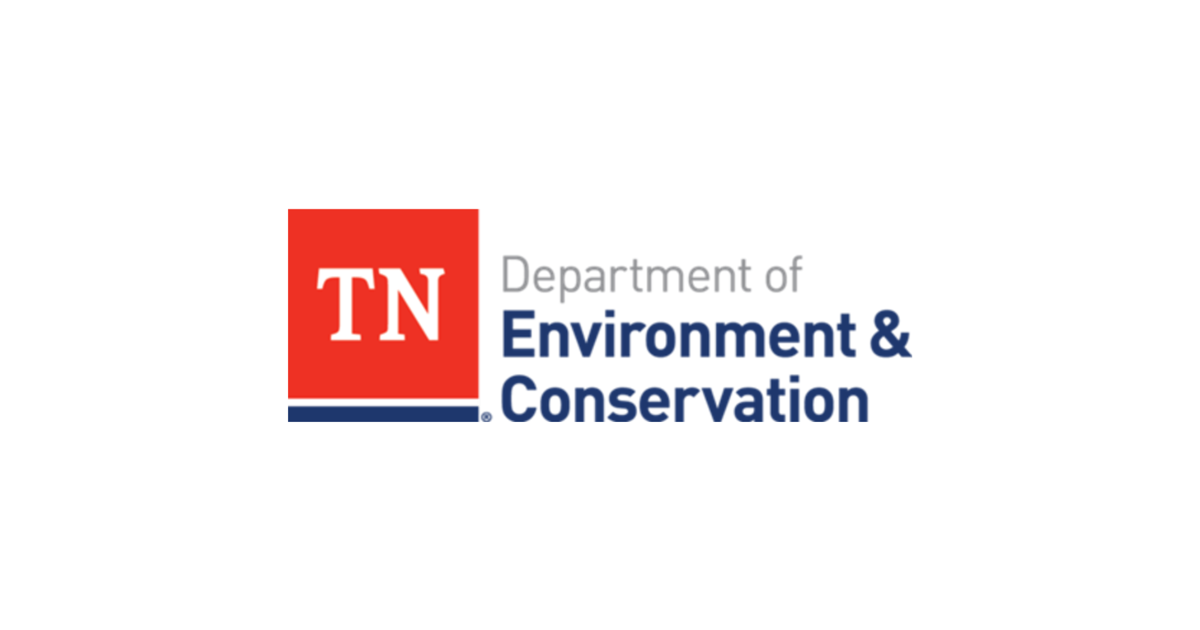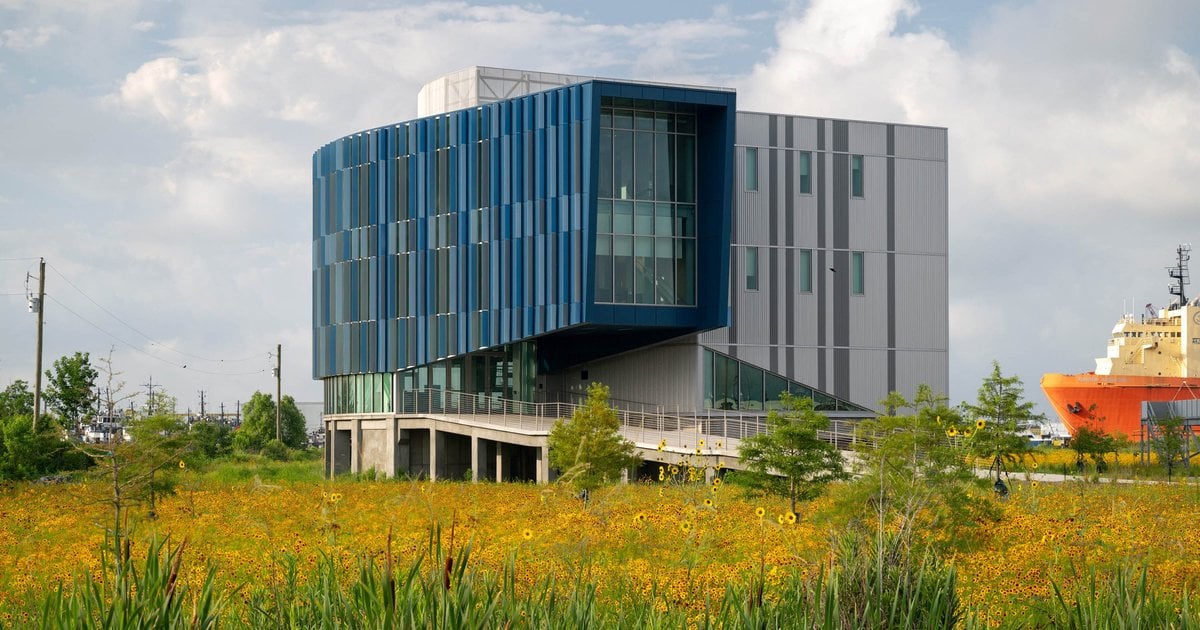Green Revolution: Solar Breakthrough Promises Eco-Friendly Lithium Extraction

A groundbreaking breakthrough in lithium extraction could revolutionize the way we source this critical mineral for electric vehicle batteries and renewable energy technologies. Researchers have developed an innovative method that promises to extract lithium from brine and even seawater with unprecedented sustainability and efficiency.
Unlike traditional extraction techniques that are often resource-intensive and environmentally challenging, this experimental approach offers a more eco-friendly solution. The new method could potentially unlock vast reserves of lithium that were previously considered too difficult or expensive to access, potentially transforming the global supply chain for this increasingly valuable mineral.
By addressing the environmental concerns associated with current lithium extraction processes, this cutting-edge technique represents a significant step forward in supporting the growing demand for clean energy technologies. As the world continues to transition towards electric vehicles and renewable energy systems, such innovative extraction methods could play a crucial role in meeting global mineral requirements more responsibly.








